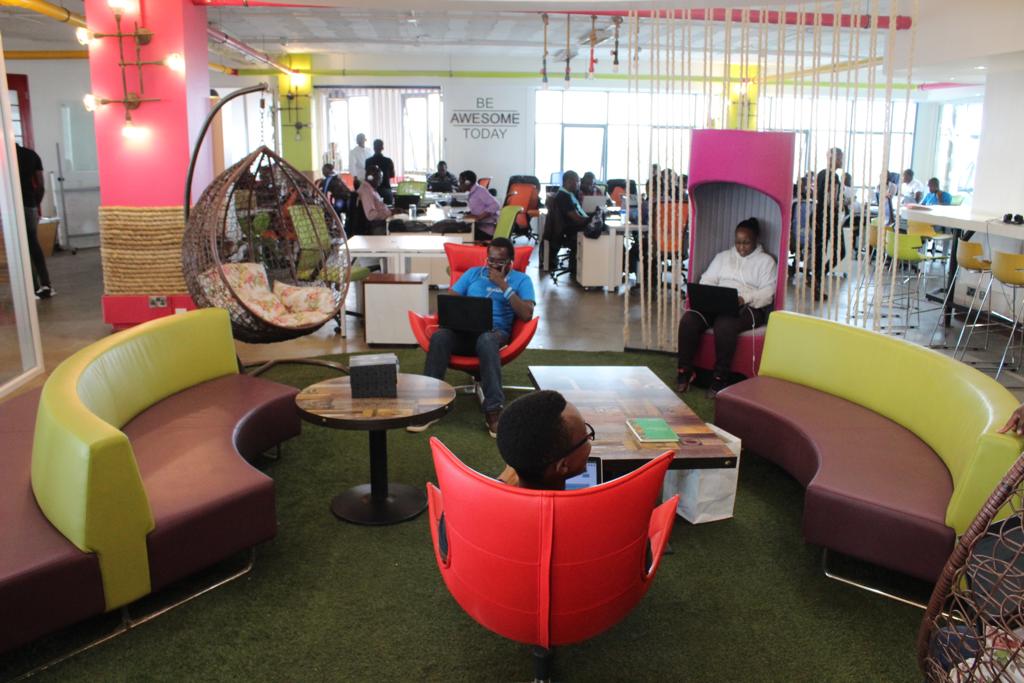Africa’s infrastructural landscape appears set for another phase as US tech giant, Amazon has launched its first data centres in South Africa. This comes a year after Microsoft's launch in 2019.
The data centres for Amazon Web Services (AWS) are located in three separate availability zones in the city of Cape Town. They are situated far enough apart to minimise the risk of a single event impacting the service’s overall operations.
Apparently, through its cloud service, AWS wants to provide lower latency rates and faster connectivity for developers, startups and enterprises, as well as government, education and non-profit organisations.
According to AWS, each availability zone will have independent power, cooling and physical security and is connected via redundant, ultra-low-latency networks. They are also equipped with backup power, to cope with electricity failures and load shedding.
This launch signals another major push by Amazon into the African continent. As early as 2004, the company set up a development centre in Cape Town, and in 2015, an AWS office in Johannesburg.
The expansion continued in 2017 with the introduction of the Amazon Global Network through AWS Direct Connect and in 2018, the company launched its first major infrastructure, Amazon CloudFront locations in Johannesburg and Cape Town.
The arrival of Amazon’s AWS service follows Microsoft's Azure, another major cloud service that came with the launch of Microsoft's data centre in Johannesburg in 2018.
While this seems like a move to leverage opportunities created by the continent's relatively weak data server infrastructure, it is unclear how much of a demand there is for cloud services in Africa.
Suggested Read: List of data centres across Africa

Be the smartest in the room
Give it a try, you can unsubscribe anytime. Privacy Policy.
According to the Worldwide Public Cloud Services Spending Guide by the International Data Corporation, at a five-year compound annual growth rate (CAGR) of 22.3%, public cloud spending will grow from $229 billion in 2019 to roughly $500 billion in 2023.
Despite this projected growth, South Africa, already home to Microsoft’s Azure, was the only solely surveyed African market, while other countries were grouped into the "rest of the Middle East and Africa” bracket.
Given that data centres are very expensive, it makes sense for these technology heavyweights to build them in Africa, and allow various organisations to make use of the platform as a shared service.
While the arrival of data centres might also be good for online gaming and streaming, considering the numbers posted by the likes of Netflix in Africa, South Africa appears to be the most favourable market for most of these services.
Suggested Read: There are probably less than 50,000 Netflix subscribers in Nigeria
Nonetheless, a lot of Africans are beginning to build platforms that could benefit greatly from the cloud, and with the proper economic and infrastructural policies in place, most emerging markets might be set to reap the full benefits of cloud services.




















